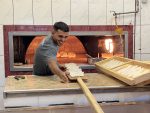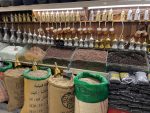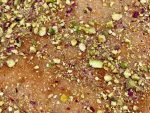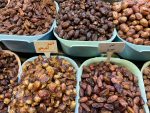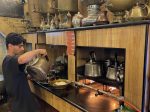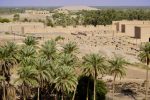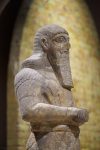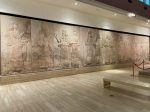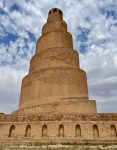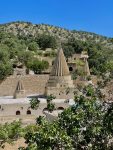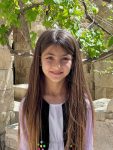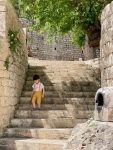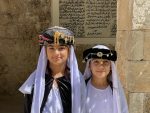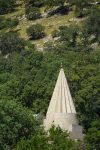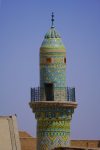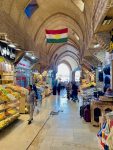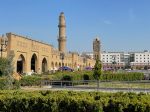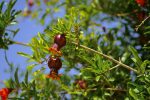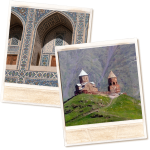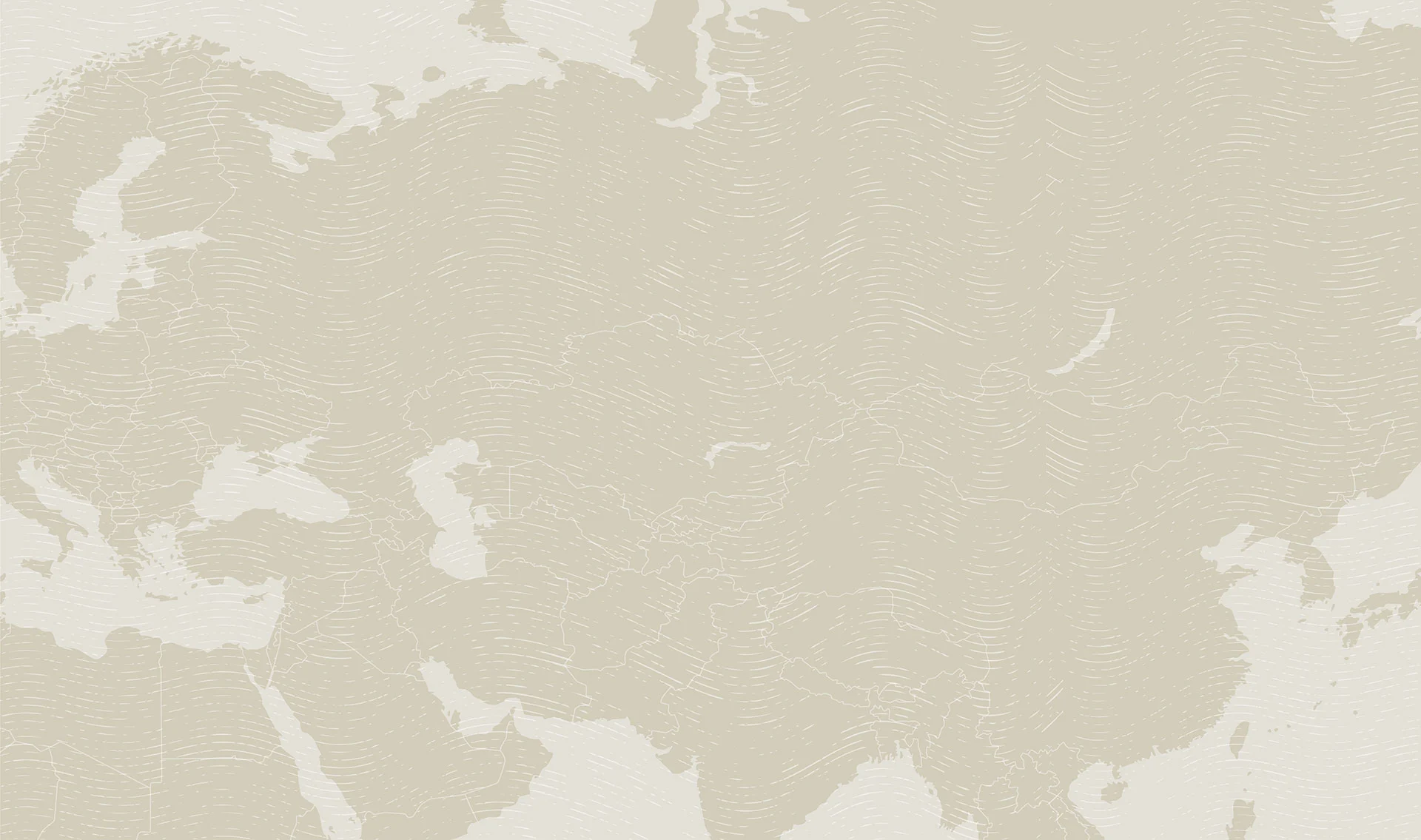Photo credit: Jake Smith
What Is It Like to Travel in Iraq?
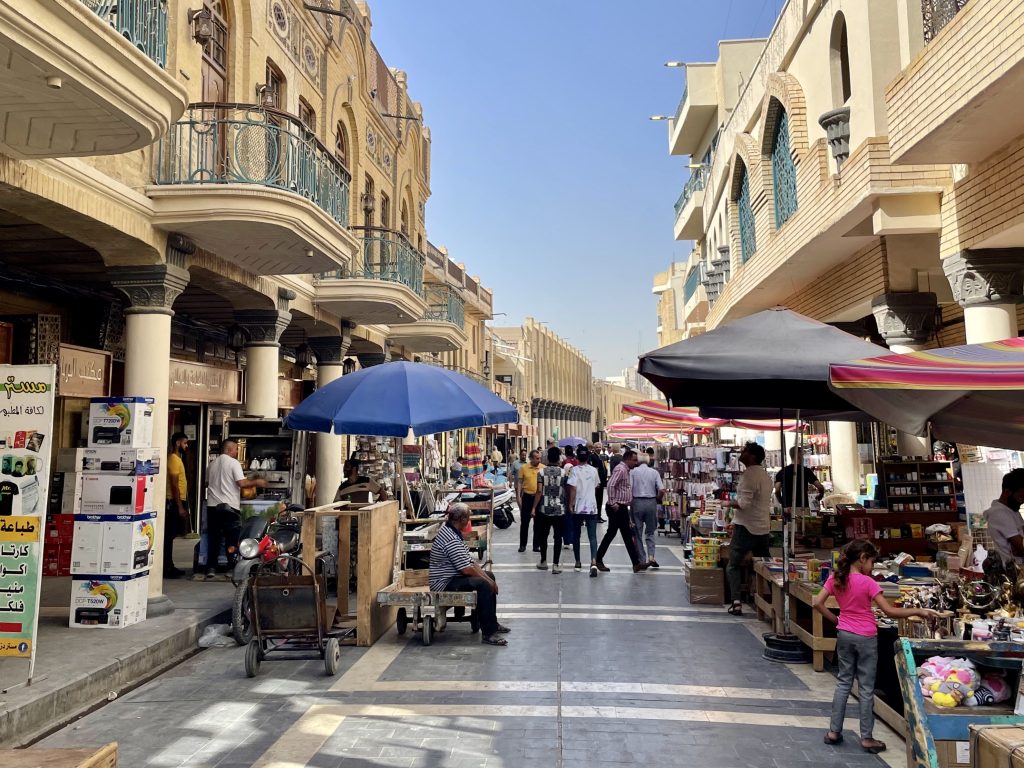
Baklava in Baghdad: A New Perspective on Iraq
Iraq means something very different to me today than it did just a few weeks ago. I will try in this blog to explain what I mean by that, but, honestly, it is not easy to put into words. First, some background. In early May 2023, I had the opportunity to travel to Iraq with U.S., Canadian, and German motorcyclists, a group MIR has provided travel support to for decades. I had not been to Iraq before. My knowledge of the country was largely limited to what I had seen in the news, plus some insights gained over the past year or so that MIR has been working with Iraq’s nascent tourism industry.
I was, to be candid, apprehensive about traveling to Iraq. My family was worried about me, too. The State Department very firmly cautions against all travel to Iraq. You can and should read their advice.
This travel advisory exists for a reason – Iraq has had a rough history. But a travel advisory doesn’t mean that you can’t go. Travelers must ultimately make their own assessment of the risks and decide whether to go or not to go. I made my choice and went. I will always be glad that I did.
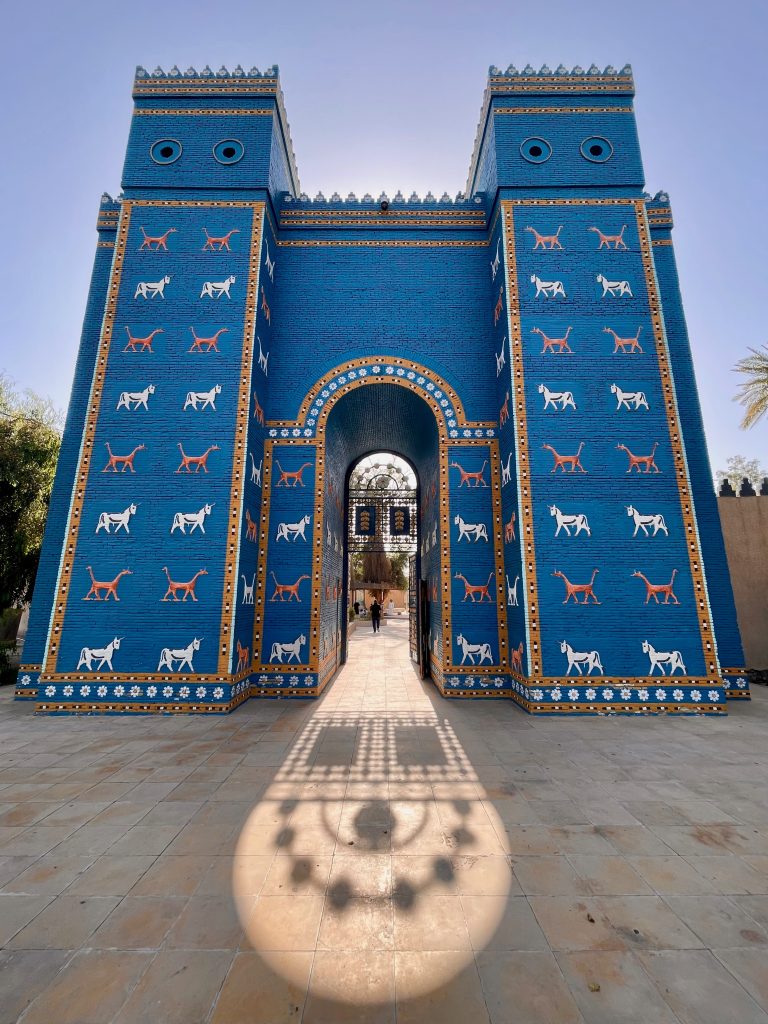
State Department guidance aside, much of what I expected from Iraq was dictated by what I had seen in the media. The Iran-Iraq War. Saddam Hussein. The Gulf War. The U.S. invasion in 2003. The subsequent resistance and civil war. Then ISIS. Until 2017, Iraq seemed to be in an endless spiral of violence, with each conflict blending into the next. Since 2017, we haven’t heard as much about Iraq in mainstream media. At least, I hadn’t, other than perhaps the occasional second- or third-page article on political disputes, corruption, or isolated incidents of violence. Certainly, there hasn’t been much positive coverage. This all shaped my understanding of Iraq, producing an image in my mind that could only be dispelled by spending some time there.
I was in Iraq for just one week – not long enough to really get to know the country, but enough to radically change the images once conjured up in my mind when I heard its name. Our route covered Baghdad, Mosul, and Erbil, with day trips to ancient Babylon and the Yazidi temple at Lalish. I personally felt safe the entire time I was in Iraq. I think my travel companions felt the same. Rather than try to generalize about the experience, I will share four short stories, each of which played an important role in shattering my old understanding of Iraq and in building a new, more nuanced picture of the country.
Baghdad: Inner Karada Street
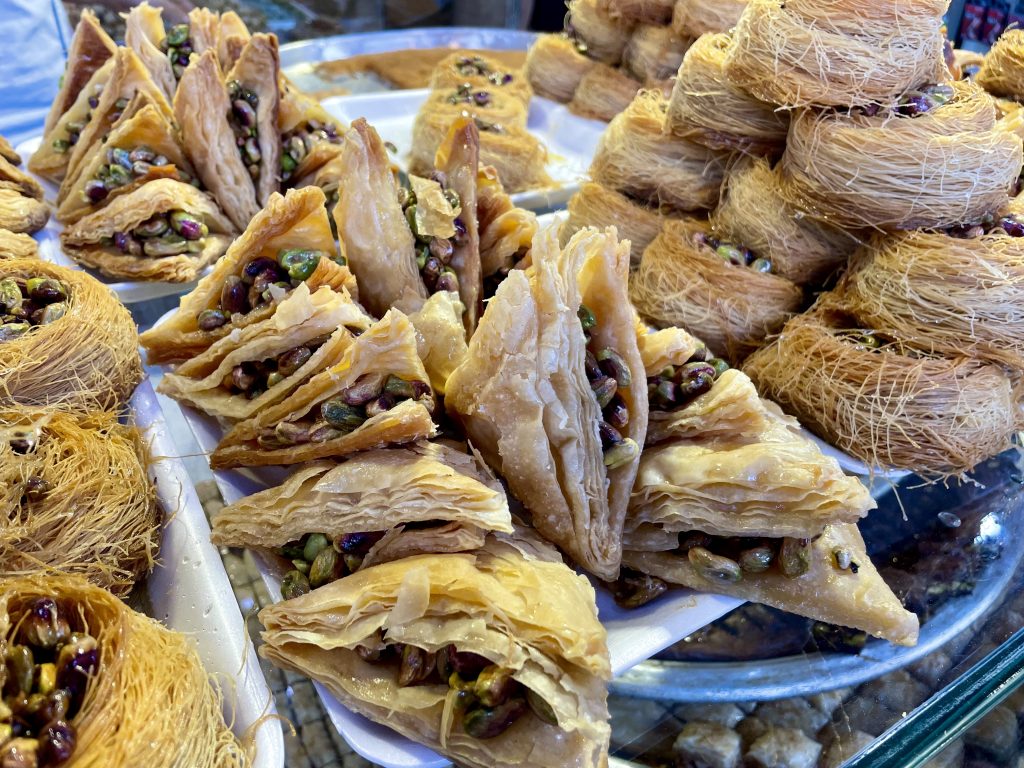
Our first full day in Baghdad was mostly spent sleeping. We had arrived in the city following a grueling drive from Jordan, and we all needed the rest. In the evening, our guides asked if we wanted to explore the area around the hotel a bit. None of us really knew what to expect. Baghdad at night did not sound safe. Despite our apprehension, most of us were eager to see some of the city, and we ventured out. What we saw and experienced was a total surprise. We went to Inner Karada Street, a shopping district just a short walk from our hotel. After dark the area was packed with families out strolling, shopping, eating, and drinking. There were street stalls selling dates, fresh bread, fruits and vegetables, and all sorts of clothing, toys, cosmetics, perfumes, and more. Cafés were serving patrons shawarma, falafel, and kebabs. For dessert, ice cream, baklava, and kunafa (a crispy pastry with cheese and syrup) were available on almost every street corner. Women were out. Some had headscarves on. Many did not. Kids were out, many clearly having a sugar-fueled blast with their parents and friends. We stopped and had baklava and coffee at an outdoor café. As I sat there, I couldn’t help smiling as I looked around. People felt safe. You don’t take your kids out to enjoy ice cream and a stroll if you feel unsafe. I felt safe knowing that they felt safe. It was a remarkable experience and one that I will treasure forever.
(click here to view larger photo)
Samarra: A Militia Checkpoint
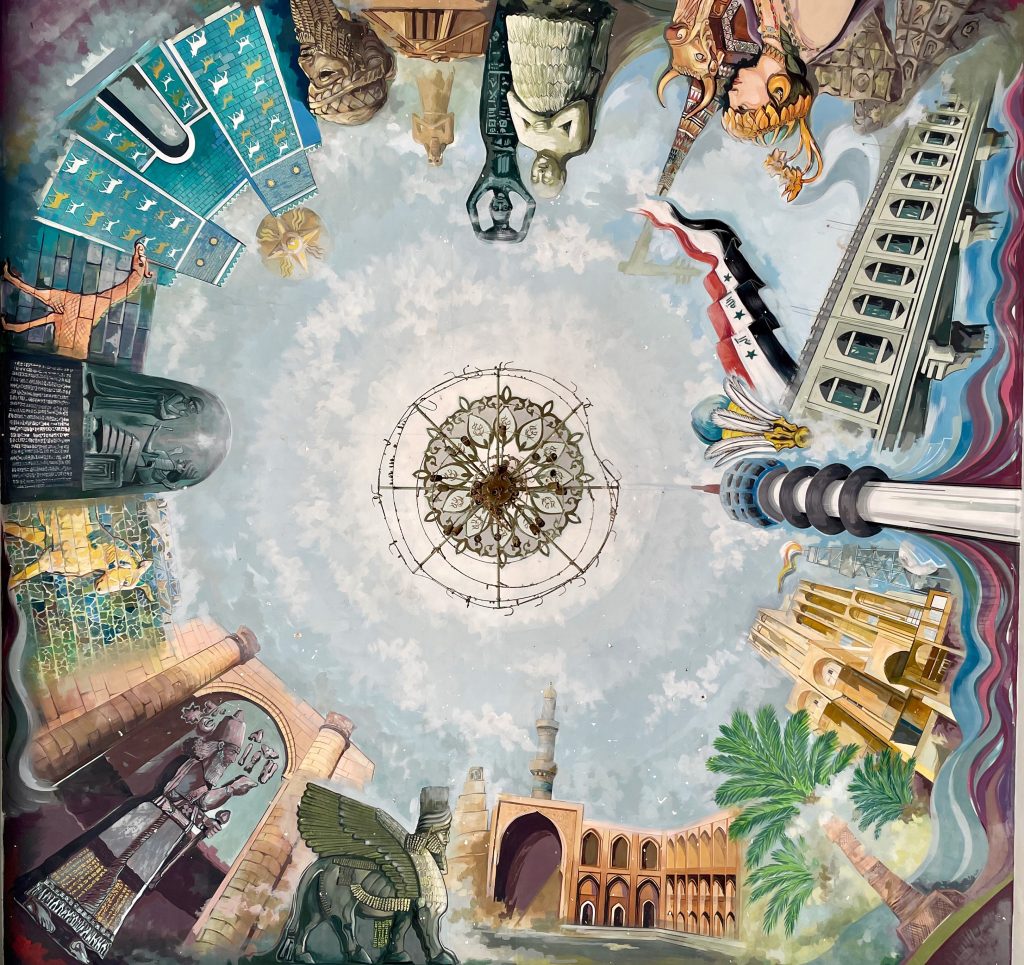
On our fourth day in Iraq, we drove from Baghdad north to Mosul, stopping off in Samarra to view the Abbasid Malwiya Minaret. One of my roles as a staff member on the trip was to ride ahead of the motorcycles to help smooth the bureaucracy at the many checkpoints that punctuate Iraq’s highways. These checkpoints, a legacy of decades of conflict, can be frustrating. At one particular checkpoint, just outside of Samarra, a uniformed, bearded, and armed militiaman pulled me aside and asked me where I was from. He told me to hand over my passport. He rifled through my documents for a few seconds, and then he called over the guide I was traveling with. He looked at my guide, grinning ear-to-ear, pointed at the insignia on his shirt, and asked me (via my guide as translator) if I knew who he was. I replied, a bit nervous, that I did not. He told me that he was with Saraya al Salam. The name did not register. My guide quickly told me that they used to be the Mahdi Army, a powerful Shia militia that fought against the United States. My heart dropped, and, almost simultaneously, the militiaman started to laugh. So did my guide. He handed me back my passport, and, as I slowly emerged from a fog of confusion and fear, he told me that Americans are welcome now. “The soldiers are gone. We can be friends!” He then took a selfie with me, shook my hand, and promised that the motorcycles would have no trouble getting through. It was not important to this man that a decade ago we might have been on opposing sides in a war. It was only important to him that now we could be friends.
(click here to view larger photo)
Lalish: A Yazidi Temple in Kurdistan
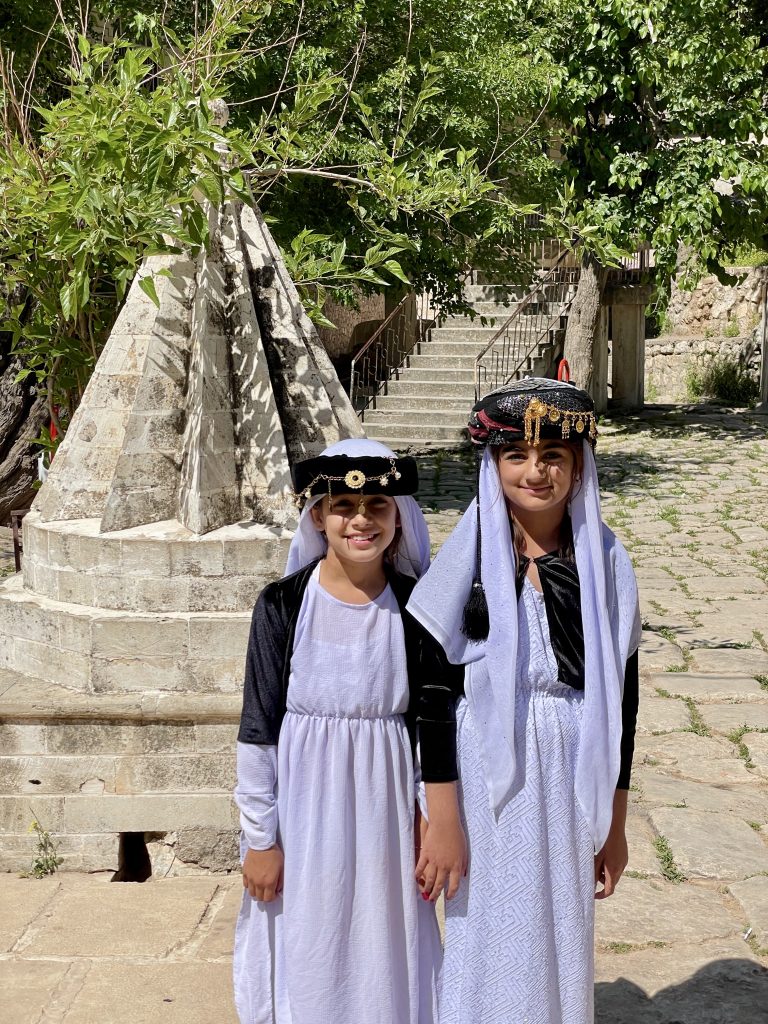
Kurdistan is in many ways a de facto independent nation. They have a great deal of autonomy, including their own army, their own flag, and control of access into and out of their territory through border checkpoints. Shortly after crossing into Kurdistan, on our way from Mosul to Erbil on our fifth day in Iraq, we took a side trip out to the Yazidi temple at Lalish. The Yazidis are a Kurdish-speaking religious minority in Iraq. Yazidism is a monotheistic faith with ancient Persian roots. It is not a form of Islam, nor Christianity, nor any other religion. It is unique, and largely for that reason the Yazidis were targeted by ISIS in what amounts to a brutal genocide lasting from 2014 to 2017. As we drove up a scenic road past wheat fields and through hills blanketed in wildflowers and dotted with mulberry trees, it was hard to think of war and genocide. This verdant patch of Kurdistan felt deeply peaceful, timeless, and untouched. We parked near the temples and took off our shoes (which are not allowed past the front gate). A cool, wildflower-scented breeze carried the sounds of singing birds as we walked past the unique conical structures that are characteristic of Yazidi temple architecture. Inside, we met a range of worshippers and pilgrims. Some were members of the Yazidi diaspora visiting from abroad. Others were from Erbil and nearby towns in Kurdistan. Some were local. All were friendly and full of smiles, eager to tell us about their faith. Bands of children roamed the compound, asking us to take their photos (and for nothing in return). Lalish is a magical place, and I wish very much that we had had more time there.
(click here to view larger photo)
Erbil: Iraqi Kurdistan’s Capital
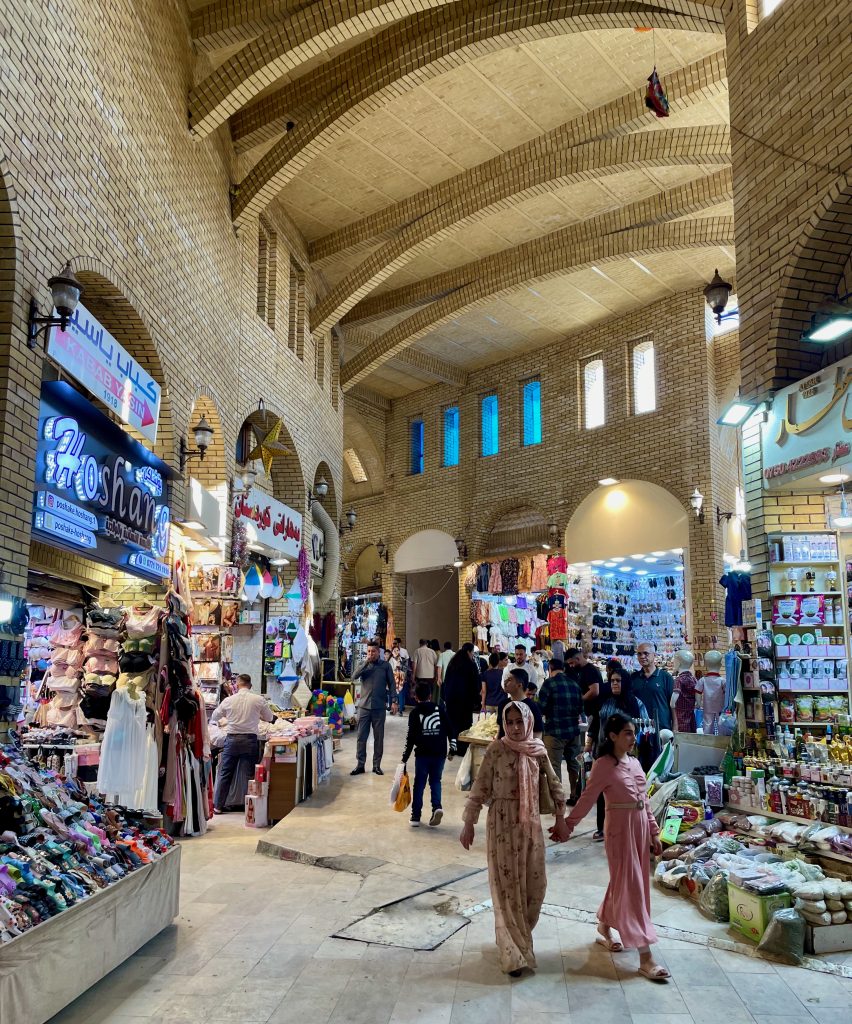
My last full day in Kurdistan (and Iraq) was a touring day. No driving, just a day spent enjoying Erbil, the capital of Iraqi Kurdistan. Unlike much of the rest of Iraq, Erbil has not experienced full-scale warfare in recent years. This is evident in the city’s architecture and infrastructure, which feels developed and polished. Our tour started atop the city’s ancient and UNESCO-listed citadel. A group of college students (all women) was up there posing for graduation photos. Our group members chatted briefly with them, and we asked if we could also take some photos. They immediately agreed and asked only that we send them the photos afterward (which we did, of course). We then walked down to the city’s amazing bazaar where we were given some time to explore independently. The market is a labyrinth of covered walkways lined with shops selling everything from jewelry to spices to dairy products and clothing. It is a vast complex and one could spend a day there, ambling about, stopping off for tea and baklava every now and then. The market, in parts, feels a lot like Istanbul’s Grand Bazaar – but a Grand Bazaar without the modern veneer of mass tourism. It is geared to locals, and pushy salesmen are completely absent. I stopped off for tea and baklava. I bought a bag of fresh apricots. And just as on Inner Karada Street in Baghdad, I noted that I was surrounded by families, women, and children. They clearly felt safe. I also felt safe.
(click here to view larger photo)
A Perspective Changed
Before, in my mind, Iraq meant only danger, war, and suffering. Those parts of Iraq are real and important to acknowledge. But Iraq’s story is not so simple, and, certainly, it is not all dark. Iraq, for me now, also means families out enjoying an evening ice cream together at a street café in Baghdad. It means Yazidi kids happily posing for photos against the incredibly scenic backdrop of Lalish. It means Shia militiamen who couldn’t care less that I am an American (other than joking with me about it). It means a bustling bazaar filled with shoppers in the old town of Erbil. Travel can have that power. Travel can forge connections and shape one’s understanding of the world, especially in places like Iraq. I want to go back already, and the next time, I’ll leave my apprehension behind.
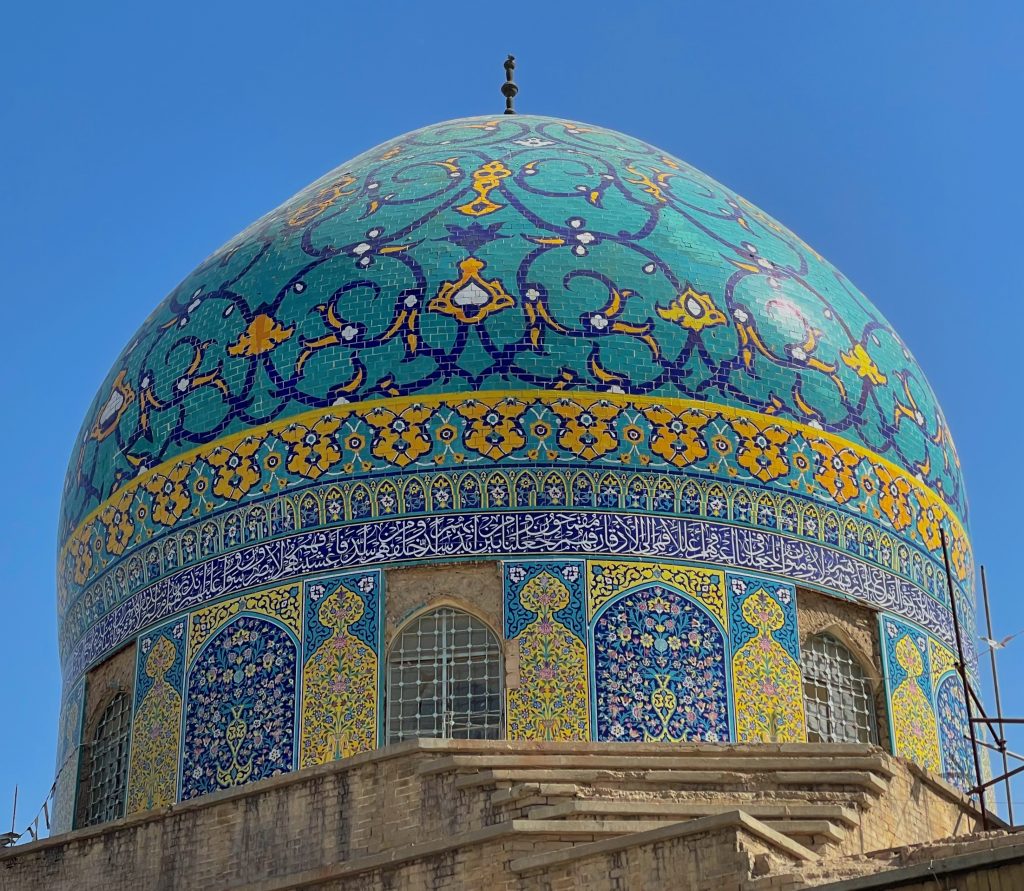
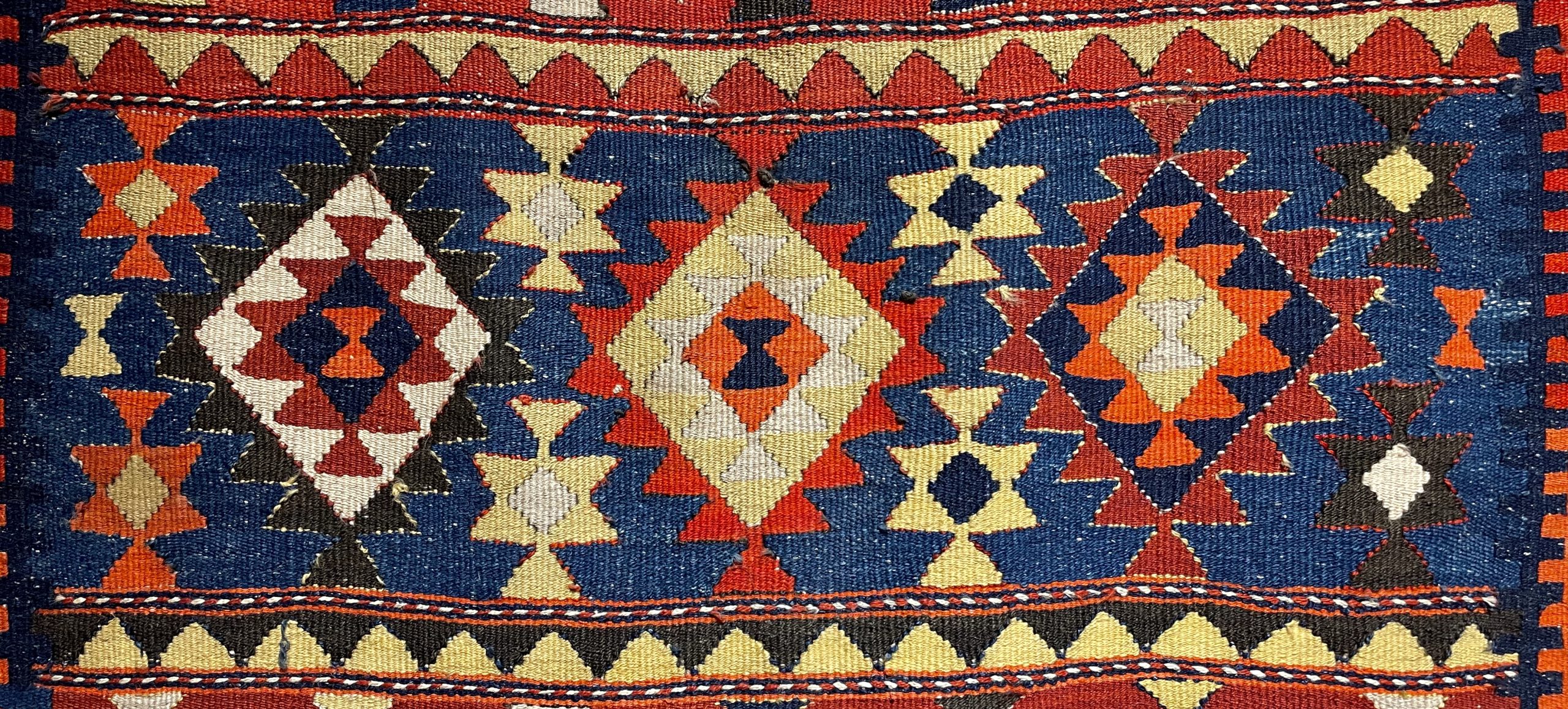
Travel to Iraq with MIR
MIR currently offers two tours to Iraq. Essential Kurdistan focuses on the autonomous Kurdish regions of the country, including Lalish and Erbil as described in this blog. Modern Mesopotamia covers all of Iraq, from Basra on the Persian Gulf to the UNESCO-listed ziggurats of Ur and Uruk to Baghdad and beyond (including a bit of Kurdistan). If you would like to learn more about either trip, please download a detailed itinerary or give us a call. Our travel planners are ready!
Chat with one of our destination specialists today!
